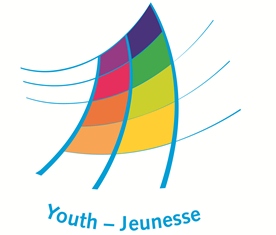This recommendation sets out recommendations, principles and guidelines relating to e‑democracy; it lists 80 principles and 102 guidelines that should be considered when implementing the principles of e-democracy. The recommendation is accompanied by a series of indicative guides: a set of generic tools and policies for electronic democracy, a roadmap approach to e-democracy, a checklist for the introduction of e-democracy tools, a framework for reporting e-democracy initiatives, a guide to evaluating e‑democracy, and a glossary. One of the principles (P. 27) states that, in order for e-democracy to be properly designed, it needs to be based on the concept of citizen participation (the involvement of citizens and groups of citizens in public affairs, such as interest groups, corporations, associations and non-profit organisations). It also confirms that civil society and its organisations are important stakeholders in e‑democracy (G. 10). Children and young people should be the target of e-democracy in order “to attract them at an early age and engage and include them in democracy, democratic institutions and democratic processes” and NGOs should be given special support when they make use of e-democracy, as they are a testing ground for e-democracy for citizens.
Youth specific: No



